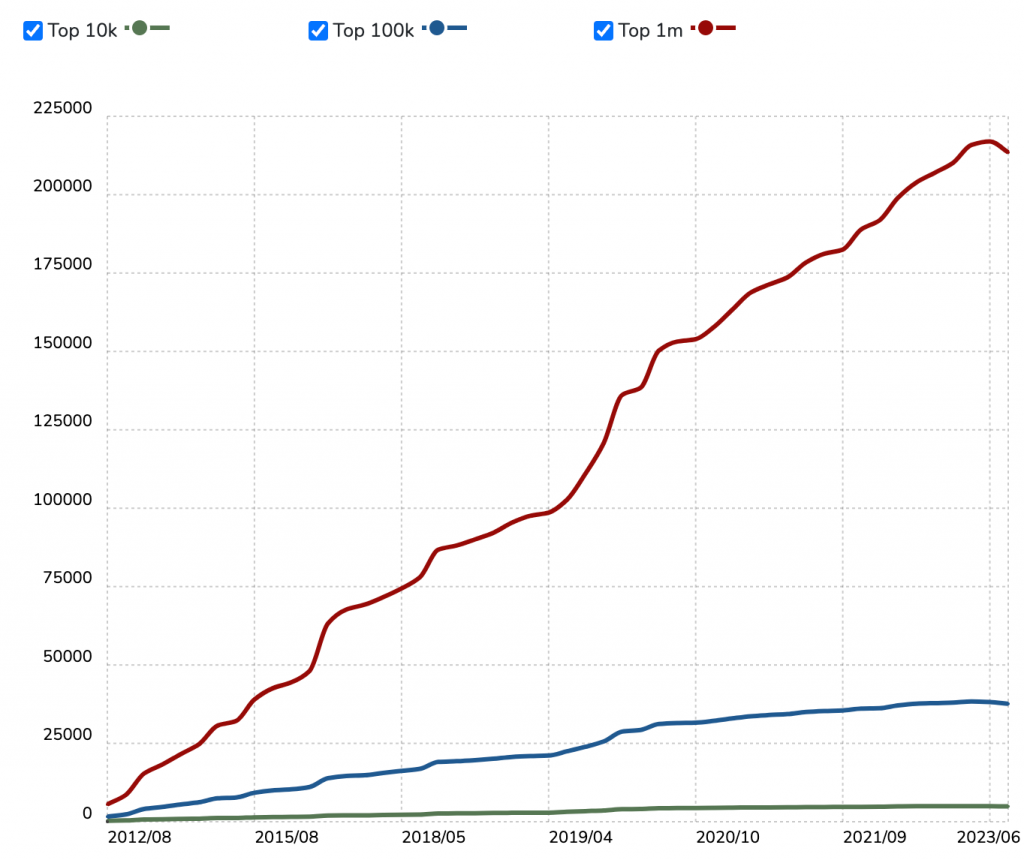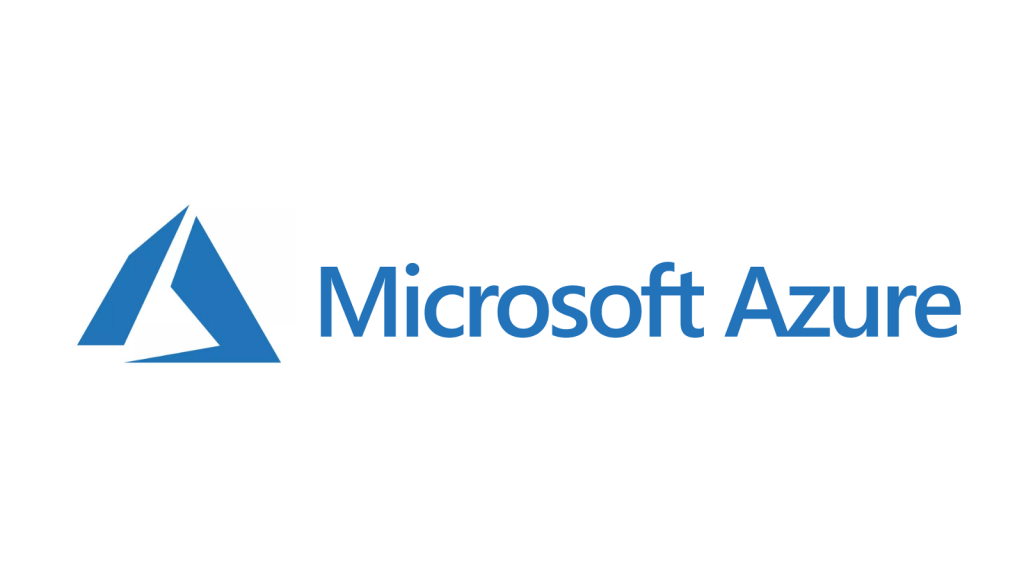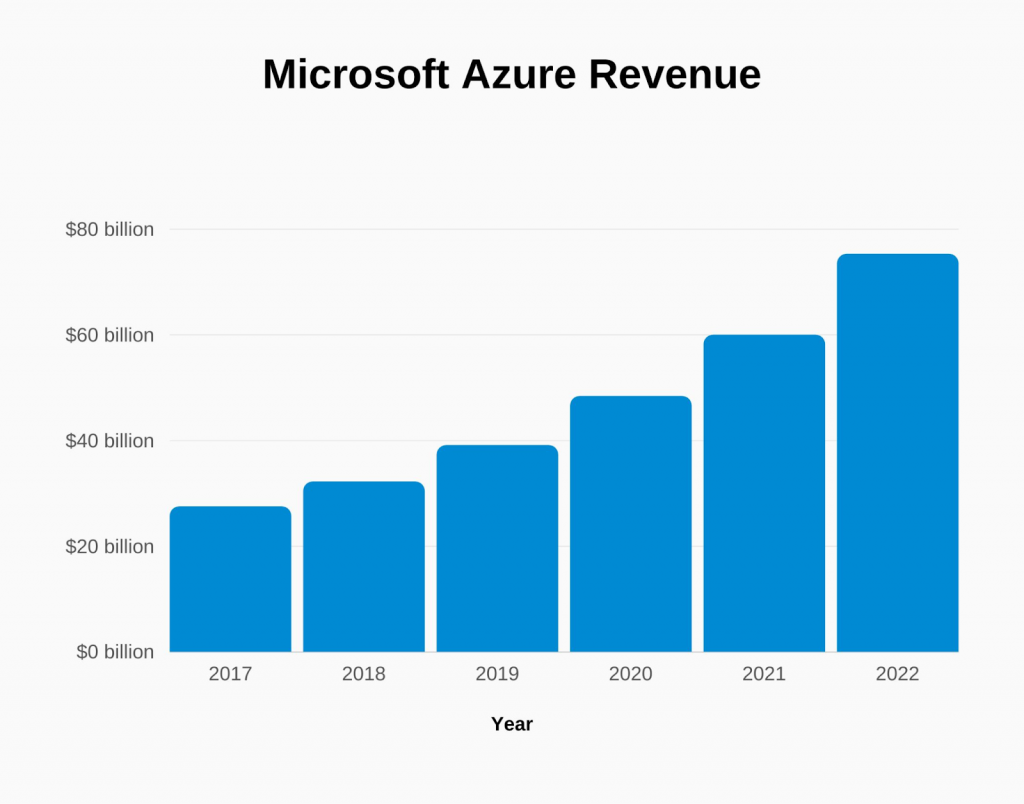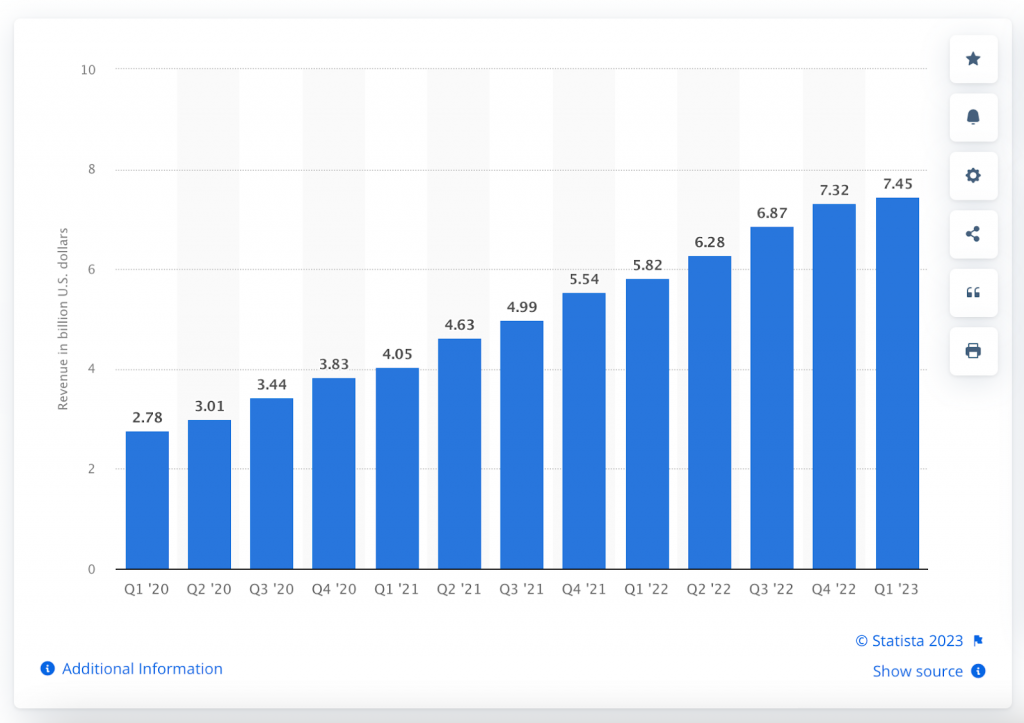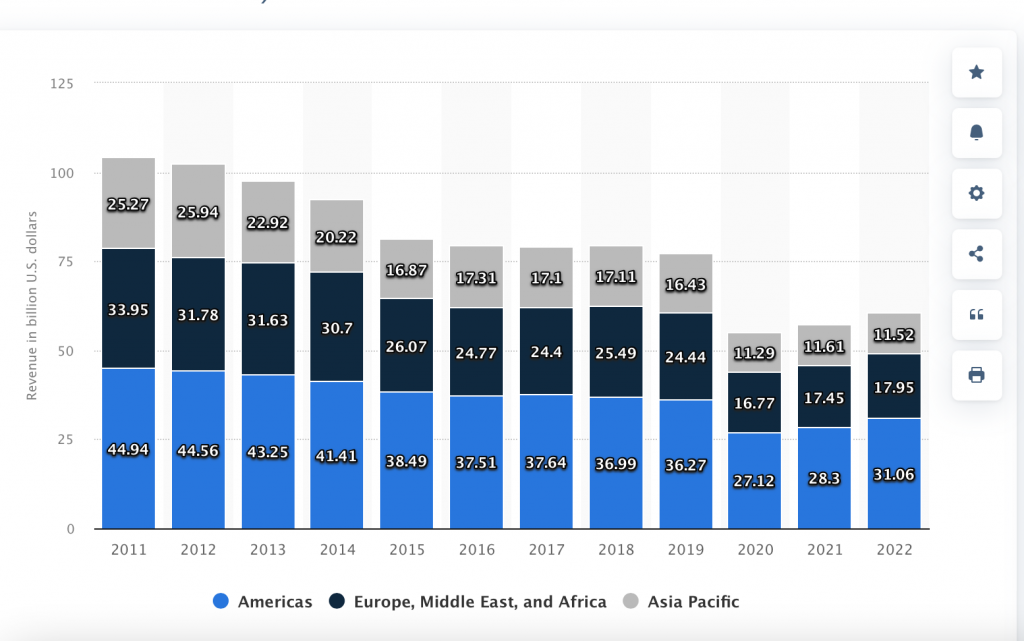- What are the benefits of using cloud services for healthcare?
Cloud services in healthcare offer a digital lifeline. They boost data storage, making patient records secure yet accessible. Doctors and nurses can collaborate seamlessly, improving patient care. Telemedicine flourishes, connecting distant patients and specialists. Costs shrink as the cloud storage for healthcare eliminates the need for pricey on-site servers. Updates and backups happen automatically, reducing IT headaches. Plus, the cloud scales flexibly, growing with healthcare demands. In this digital age, cloud services are the heartbeat of a healthier, more efficient healthcare system.
- How to ensure the security of medical data in cloud solutions?
Safeguarding medical data in cloud solutions is like fortifying a digital castle. First, encryption is our trusty shield; data should be encrypted both in transit and at rest, so only authorized eyes can decipher it. Multi-factor authentication, our vigilant guardian, ensures that only authorized users enter the castle gates.
Regular security audits, the castle inspections, help identify vulnerabilities and patch them swiftly. Employing cutting-edge intrusion detection systems acts as our vigilant sentinels, sounding the alarm if any suspicious activity is spotted.
Access controls, our secret passages, limit who can access what data, preventing unauthorized entry. Regular staff training serves as our battle drills, ensuring everyone knows how to protect the castle.
Lastly, disaster recovery plans are our insurance, assuring that even in the worst scenarios, the data castle can be rebuilt.
With these measures, we create an impregnable fortress for medical data in the cloud, ensuring it remains safe and secure from modern-day marauders. - What regulatory requirements are taken into account when storing medical data in the cloud?
When storing medical data in the cloud technology, healthcare providers must dance to the regulatory tune. The Health Insurance Portability and Accountability Act (HIPAA) in the United States is a key player, setting strict standards for data security and patient privacy. In Europe, the General Data Protection Regulation (GDPR) casts its shadow, with its robust data protection provisions. Additionally, various countries may have their own healthcare-specific regulations. Cloud service providers must comply with these rules, ensuring data encryption, access controls, and audit trails to meet the stringent requirements. Adherence to these regulations is a non-negotiable step to keep medical data in the cloud safe and legal.
- How is the use of cloud services by a medical institution beneficial for a patient?
The use of cloud services by a medical institution is a boon for patients, like a guardian angel watching over their well-being. First, it enables secure and instantaneous access to medical records, ensuring that doctors are always well-informed, even in emergencies, leading to quicker and more accurate diagnoses and treatments. Telemedicine, powered by the cloud, connects patients with specialists regardless of geographical boundaries, providing access to expert care. Moreover, cloud-based appointment scheduling and digital prescription systems streamline administrative tasks, reducing wait times and enhancing overall patient experience. It also fosters collaboration among healthcare professionals, leading to coordinated care and fewer errors. Ultimately, the cloud's efficiency and accessibility elevate the quality of care, putting patients' health and comfort at the forefront
- How do cloud services help improve accessibility to medical records and services for patients?
Cloud health systems act as the bridge to a patient's healthcare world, enhancing accessibility in a myriad of ways. First, they centralize medical records securely, enabling patients and authorized healthcare providers to access them anytime, anywhere. Patients no longer need to carry physical files or rely on a single clinic; their records are a click away.
Telemedicine thrives in the cloud, offering remote consultations and specialist access, erasing geographical barriers. Appointment scheduling and prescription refills are simplified through cloud-based systems, saving time and reducing hassle.
Besides, cloud services facilitate real-time updates, ensuring patients receive the latest test results and treatment plans promptly. This promotes transparency and patient engagement in their own healthcare journey.
In emergencies, cloud-stored data is readily accessible, potentially saving lives. Enhanced collaboration among healthcare teams ensures better-coordinated care, benefiting patients' overall health.
In essence, cloud storage for healthcare is the magic carpet making healthcare records and services effortlessly accessible, empowering patients to take charge of their well-being with convenience and ease.
- AI SOLUTIONS
- Services
DevOps as a ServiceDevOps on autopilot
CTO as a ServiceStregthen your team
Software testingEnsure software quality
Discovery phasePlan your priduct from a to z
Cloud ServicesGeneral information about healthcare cloud services
Google Cloud ServicesEnsuring confidentiality when working with medical systems
AWS Cloud ServicesServices specially designed for the healthcare industry
Microsoft Cloud ServicesPlatform processing, analyzing and sharing medical data
- Industries
- About
- Blog
- Portfolio



